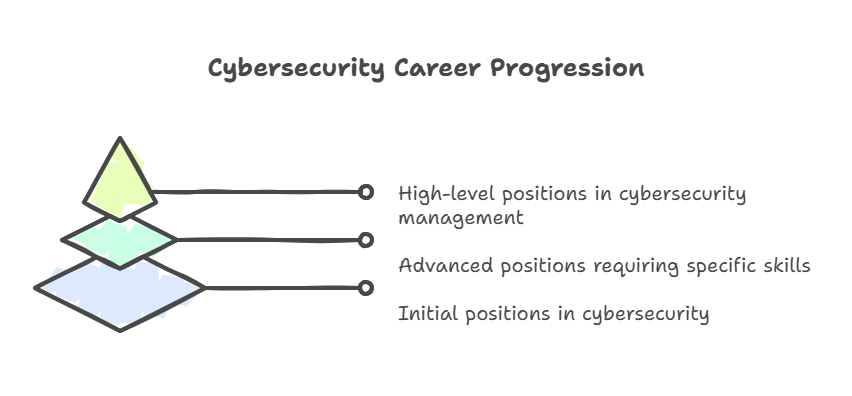How to Get Advance Cybersecurity & Certification in Missouri
Missouri is rapidly becoming a cybersecurity hub in the Midwest. From St. Louis’ tech sector to Kansas City’s expanding healthcare systems, employers are prioritizing defense-ready teams, modern network protection, and leadership with credentialed cybersecurity knowledge.
The ACSMI Advanced Cybersecurity & Management Certification is built for this moment — designed to give you technical mastery and management capability in equal measure. Whether you're aiming for compliance-driven healthcare roles or policy-heavy public sector jobs, this is your route to proving value in Missouri’s evolving cyber workforce.
Why Missouri's Cybersecurity Hiring Is Heating Up
Statewide attacks — particularly phishing, ransomware, and DDoS events — have hit education, infrastructure, and finance sectors. As a result, the Missouri Department of Economic Development has listed cybersecurity as a top priority field for 2025.
Organizations across Missouri are now hiring for skills in endpoint protection, threat intelligence, and SIEM deployment — with preference given to professionals who are certified and cloud-aware.
What Certifications Matter Most in Missouri?
Missouri employers now prioritize certifications that combine hands-on tech with regulatory knowledge — a balance reflected in ACSMI’s curriculum.
| Certification | Missouri Application | Key Focus |
|---|---|---|
| CISSP | Federal contractors, DoD projects | Security architecture, access control |
| ACSMI Certification | Healthcare, finance, state IT | EDR tools, risk frameworks, cloud config |
| CompTIA CySA+ | Junior-level SOC jobs | Threat detection, SIEM basics |
ACSMI is especially in demand among Missouri-based employers hiring for roles that mix tool usage, compliance, and team leadership.
What Missouri Employers Are Looking For
Missouri companies hiring certified cybersecurity professionals include:
Cerner (Oracle Health) – hiring for HIPAA-focused analysts
Ameren Corporation – seeking cloud-aware network security leads
Washington University in St. Louis – hiring security analysts with compliance background
St. Louis County and City – active in digital forensics and ransomware response
If you're proficient in ransomware mitigation, cloud-based IAM, or VPN security, you’re immediately competitive across these sectors.
What Motivates You to Get Certified?
What Tools Should You Master for Missouri Jobs?
To stand out, learn how to operate and report with:
SIEMs like Splunk or QRadar
Cloud VPNs + ZTNA integrations
Botnet behavior mapping
Compliance dashboards (especially for HIPAA, NIST CSF)
ACSMI’s curriculum aligns with these — preparing you to lead security teams, review breach logs, and design incident response plans.
Cybersecurity Salaries in Missouri
Missouri cybersecurity salaries are competitive — especially in urban hubs like Kansas City and St. Louis.
| Role | Salary Range | Tools/Certs Preferred |
|---|---|---|
| Cybersecurity Analyst | $82,000 – $97,000 | ACSMI, SIEM, IDS/IPS |
| Security Consultant | $98,000 – $115,000 | CISSP, VPN config, CTI |
| Risk Manager | $110,000 – $126,000 | ACSMI, NIST/RMF, GRC tools |
How to Get Certified in Missouri: Step-by-Step
Step 1: Choose a program (e.g. ACSMI Advanced Certification)
Step 2: Set aside 8–10 hours/week for 8 weeks
Step 3: Study via SIEM labs, case-based simulations, and tool walkthroughs
Step 4: Take the online exam from home
Step 5: Add the certification to LinkedIn, resume, and job boards
Step 6: Target Missouri-based security roles using your new credentials
Frequently Asked Questions
-
Yes — ACSMI is accepted by Missouri employers and widely recognized across the U.S.
-
Yes — the entire certification process is remote and proctored.
-
Absolutely. Especially in compliance, risk, or mid-level security roles requiring tools + leadership.
-
Not required. The program starts from fundamentals and includes both red team and blue team modules.
-
It’s both. ACSMI teaches SIEMs, DLPs, and EDR implementation, while also covering leadership, reporting, and frameworks like NIST.


